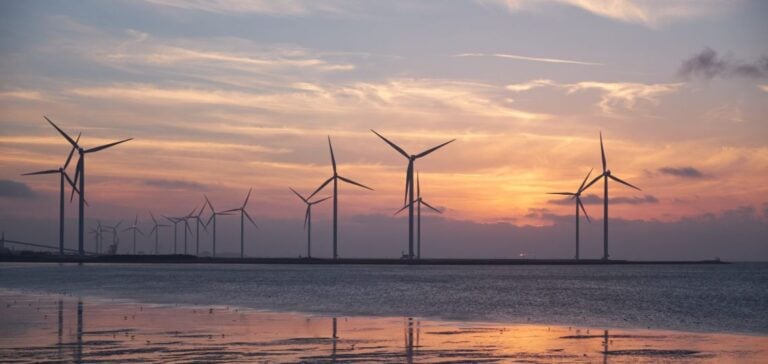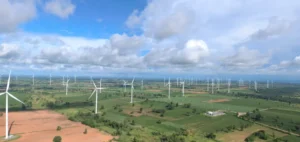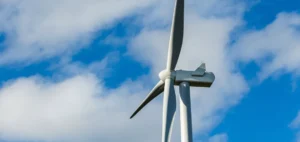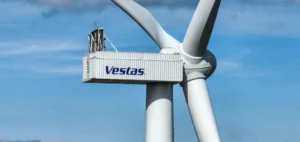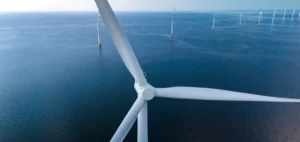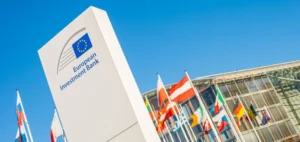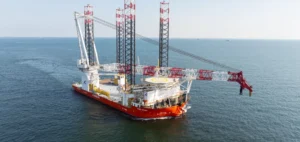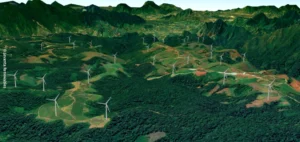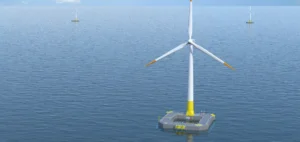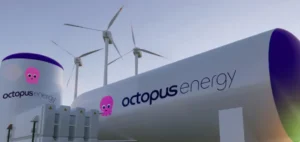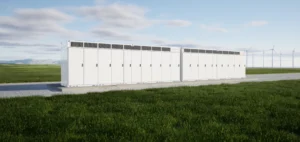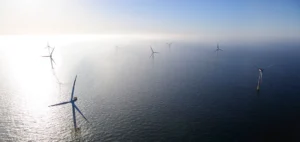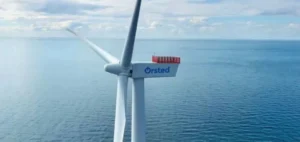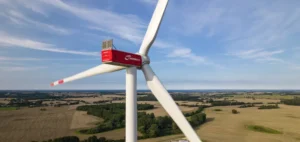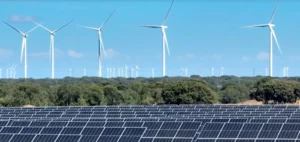Morocco has officially launched its first offshore wind project, with a planned capacity of 1000 megawatts (MW). The project, located off the coast of Essaouira, was announced on the sidelines of the United Nations Ocean Conference held in Nice. This initiative, led by the Moroccan government, forms an integral part of the national strategy aimed at diversifying energy sources and increasing the share of renewable energies to over 52% by 2030. According to Leïla Benali, Morocco’s Minister of Energy Transition, the project simultaneously targets strengthening energy independence, industrial attractiveness, and economic competitiveness.
Mediterranean partnership and financing
The offshore wind project benefits from initial support provided by the Mediterranean Blue Partnership, a multilateral fund established to finance initiatives linked to a sustainable blue economy. Funding will primarily cover feasibility studies and technical assistance required for the project’s implementation. Construction is scheduled to commence in 2029, allowing an extensive preparatory phase focused on technical and economic aspects. The Mediterranean Blue Partnership is intended to financially support Mediterranean countries in sustainably developing their marine resources.
Local industrial and energy potential
Moroccan coastlines, especially around Essaouira and Tangier, are renowned for their significant wind potential, with average wind speeds reaching 11 meters per second. This wind level represents a notable economic advantage, ensuring favorable technical profitability for offshore electricity production. The project also creates opportunities for local industries, particularly in manufacturing equipment specific to offshore wind energy and associated technical services. Local industrial sectors could thus be strengthened, responding to the growing demand for equipment and infrastructure dedicated to this type of energy.
International context and global prospects
This development occurs within an international context characterized by rapid expansion in the offshore wind sector, with global capacity expected to increase by 19 gigawatts (GW) in 2025, according to estimates from the consulting firm Rystad Energy. Morocco thus joins a rapidly growing global market, marked by increasing competition among countries seeking investment and technological expertise in offshore wind. The Moroccan project could encourage other Mediterranean countries to consider similar initiatives, thereby contributing to the region’s broader adoption of this technology.


